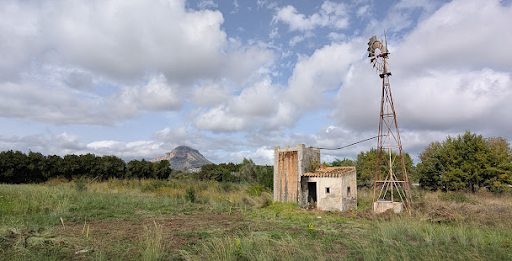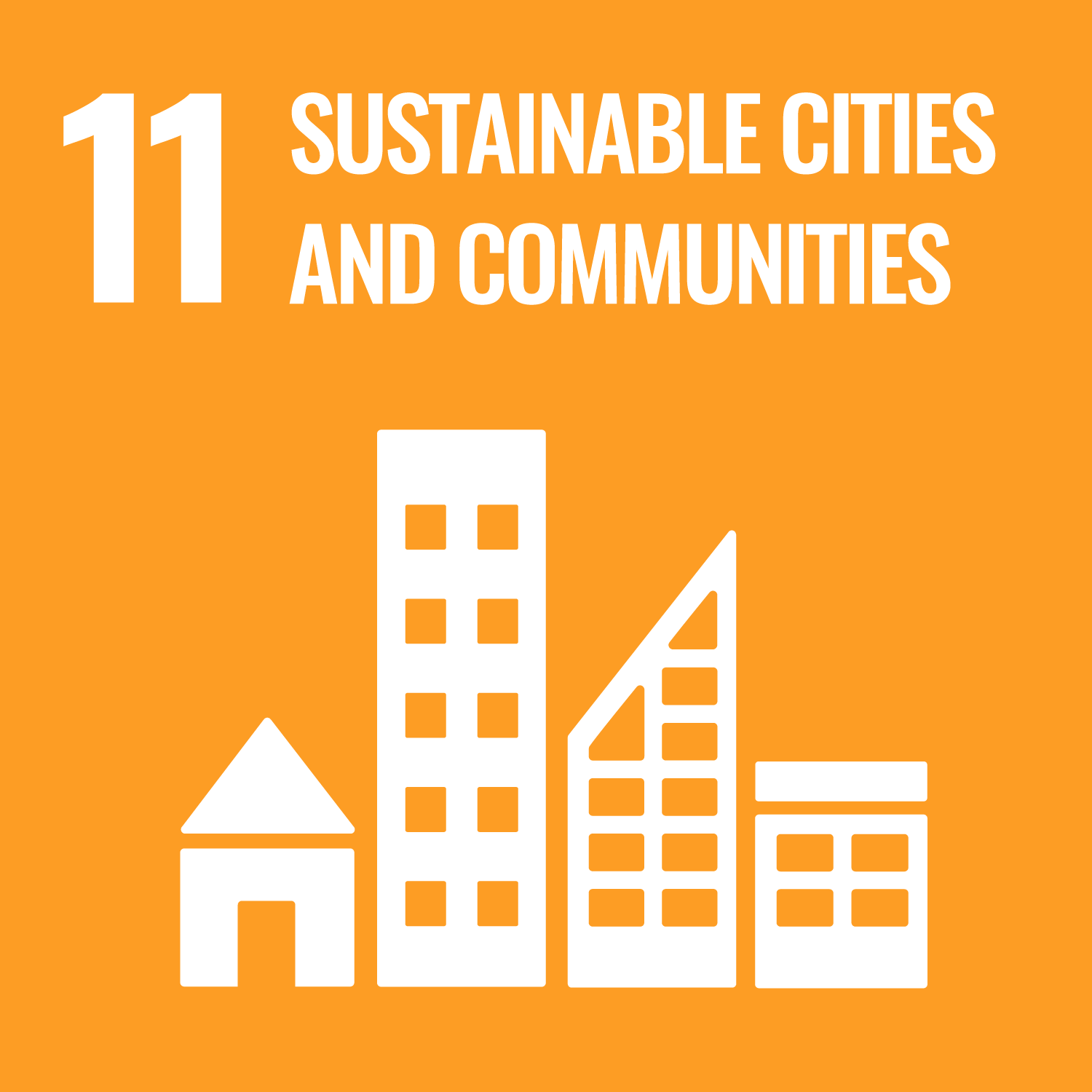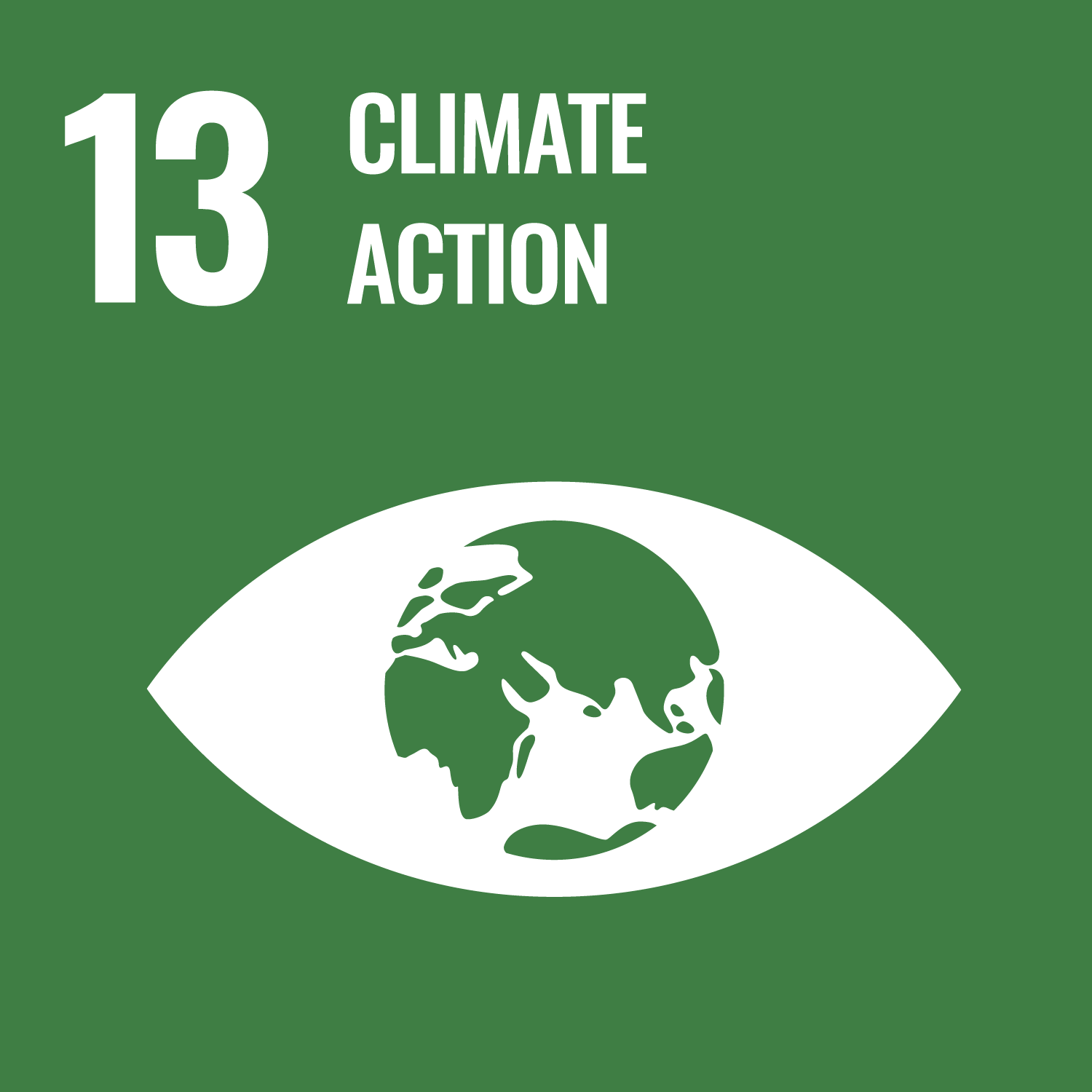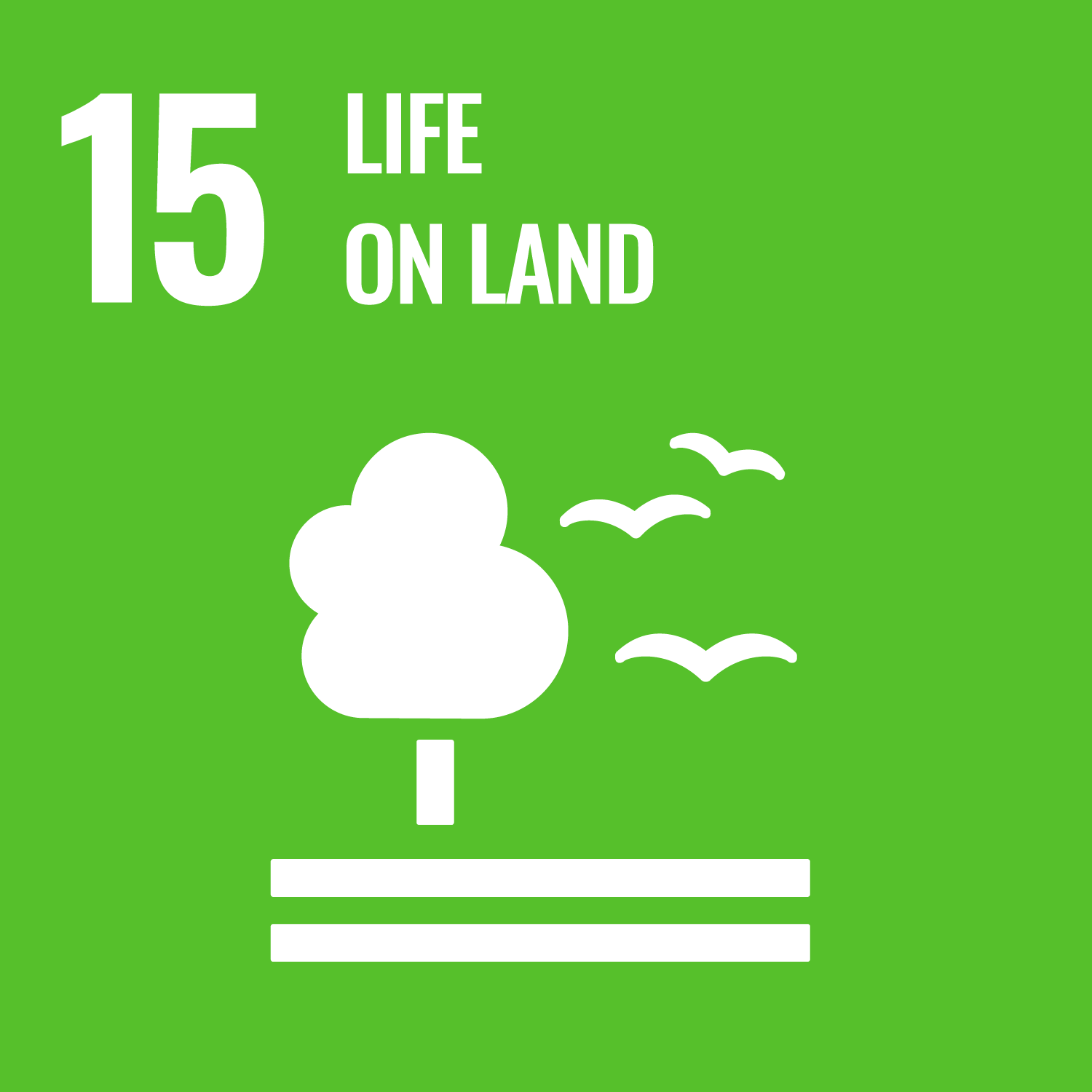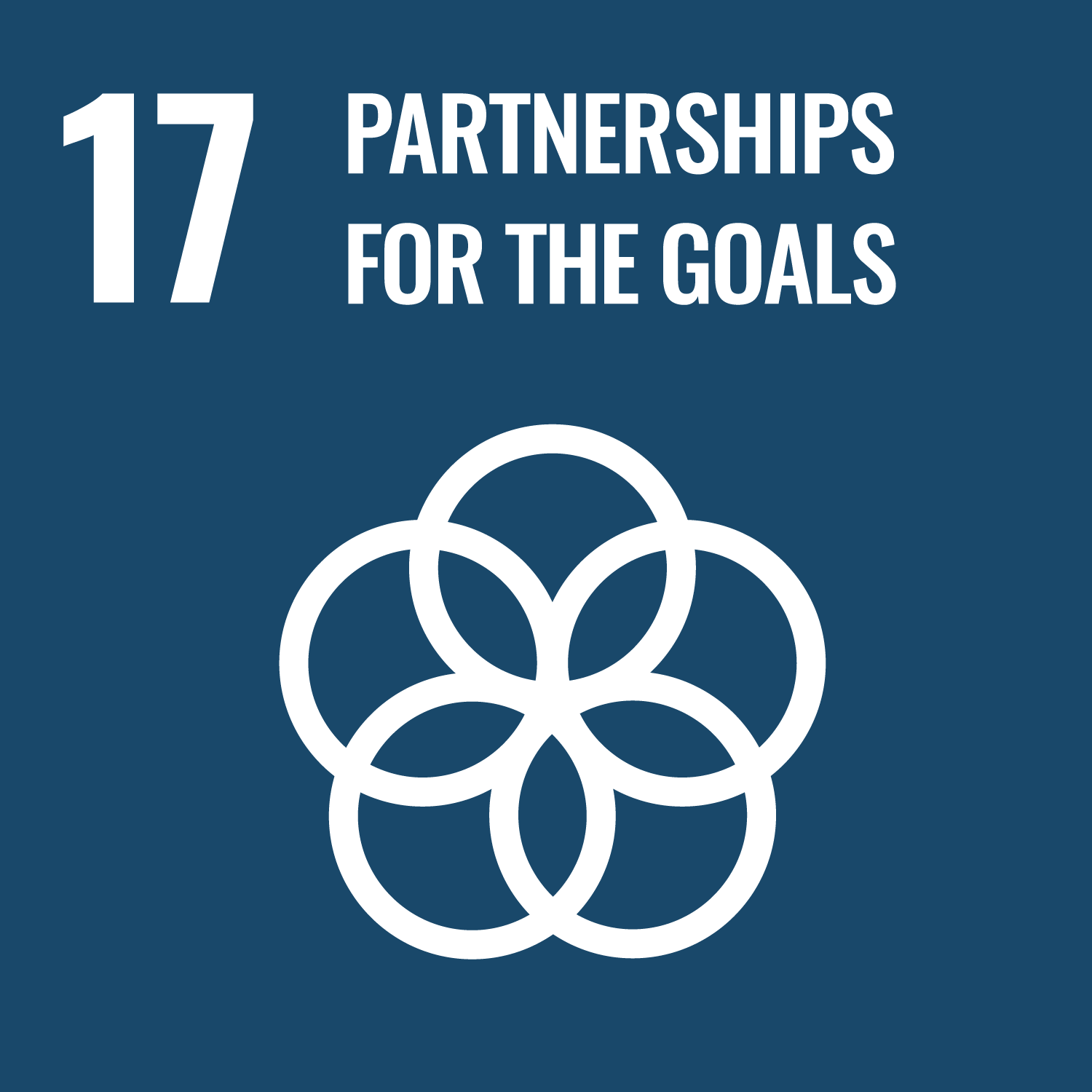Xàbia: Miyawaki Forest
About the project
This project will transform an abandoned citrus orchard into a thriving native mini-forest that reconnects biodiversity corridors and strengthens the local ecosystem with about 2,000 native trees and shrubs.
This initiative is led by a local environmental association, in collaboration with community groups, volunteers, and businesses. The project builds upon the success of “El Bosque Jávea,” the first Miyawaki-style forest in the area, and aims to serve as a replicable model for small-scale ecological restoration projects along the Mediterranean coast.
Objective
Regenerate degraded land, enhance biodiversity, and strengthen community engagement in climate action through the creation of a mini-forest that serves as a model for small-scale restoration projects in the Mediterranean coast.
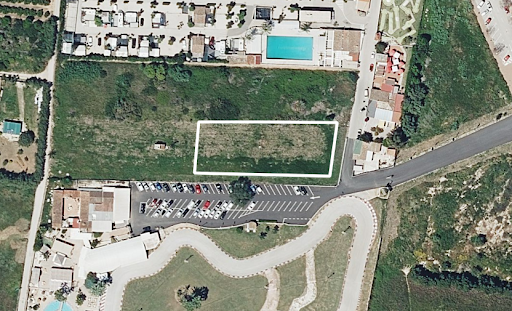
Impact
Biodiversity restoration: native trees and shrubs creating a multilayered ecosystem that supports pollinators, birds, and soil life.
Community engagement: local entities & volunteers involved in hands-on climate action.
Climate resilience: Enhanced soil fertility & CO2 sequestration through biochar and mulching.
Partnerships: local businesses & governments promoting ecosystem stewardship together.
Scalability: this pilot project demonstrates how abandoned farmlands can be revitalized into ecological assets.
How do we measure this impact?
Number of trees planted
Number of species planted
Tons of CO2 eq absorbed**
Community members involved
Number of entities involved
Supporting this project means supporting the following SDGs:
Life Terra invites partners and sponsors to support the creation of this Miyawaki forest in Jávea, a high-impact restoration initiative that combines biodiversity recovery, climate action, and community engagement.
Your contribution directly enables the implementation and long-term success of the project, helping turn degraded land into a thriving native forest.
If you are interested in this project, get in touch at:
